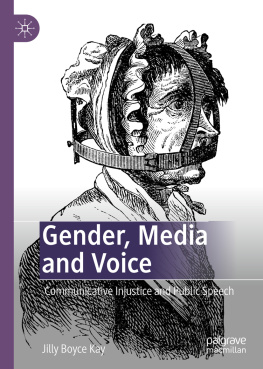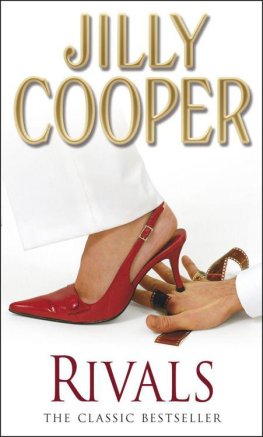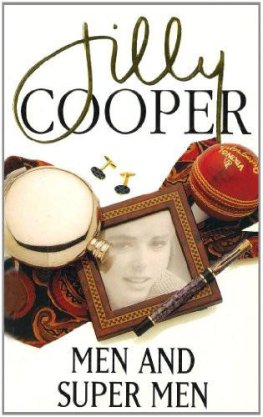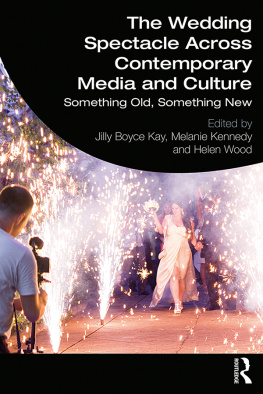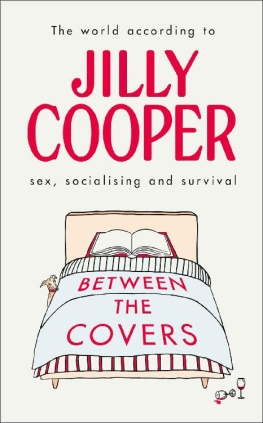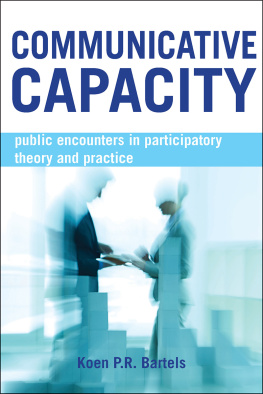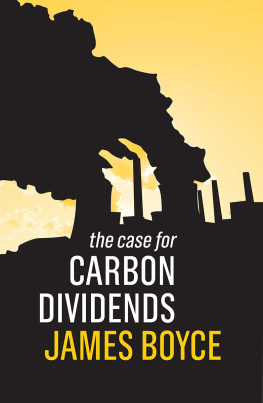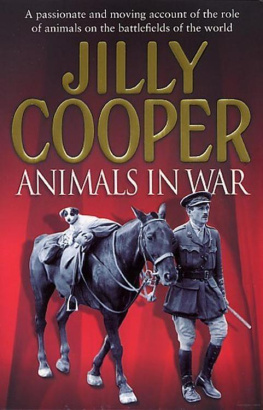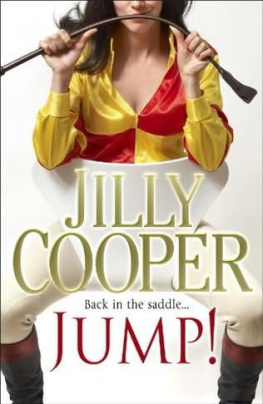Jilly Boyce Kay - Communicative Injustice and Public Speech
Here you can read online Jilly Boyce Kay - Communicative Injustice and Public Speech full text of the book (entire story) in english for free. Download pdf and epub, get meaning, cover and reviews about this ebook. publisher: Springer International Publishing, genre: Politics. Description of the work, (preface) as well as reviews are available. Best literature library LitArk.com created for fans of good reading and offers a wide selection of genres:
Romance novel
Science fiction
Adventure
Detective
Science
History
Home and family
Prose
Art
Politics
Computer
Non-fiction
Religion
Business
Children
Humor
Choose a favorite category and find really read worthwhile books. Enjoy immersion in the world of imagination, feel the emotions of the characters or learn something new for yourself, make an fascinating discovery.
- Book:Communicative Injustice and Public Speech
- Author:
- Publisher:Springer International Publishing
- Genre:
- Rating:4 / 5
- Favourites:Add to favourites
- Your mark:
- 80
- 1
- 2
- 3
- 4
- 5
Communicative Injustice and Public Speech: summary, description and annotation
We offer to read an annotation, description, summary or preface (depends on what the author of the book "Communicative Injustice and Public Speech" wrote himself). If you haven't found the necessary information about the book — write in the comments, we will try to find it.
Communicative Injustice and Public Speech — read online for free the complete book (whole text) full work
Below is the text of the book, divided by pages. System saving the place of the last page read, allows you to conveniently read the book "Communicative Injustice and Public Speech" online for free, without having to search again every time where you left off. Put a bookmark, and you can go to the page where you finished reading at any time.
Font size:
Interval:
Bookmark:
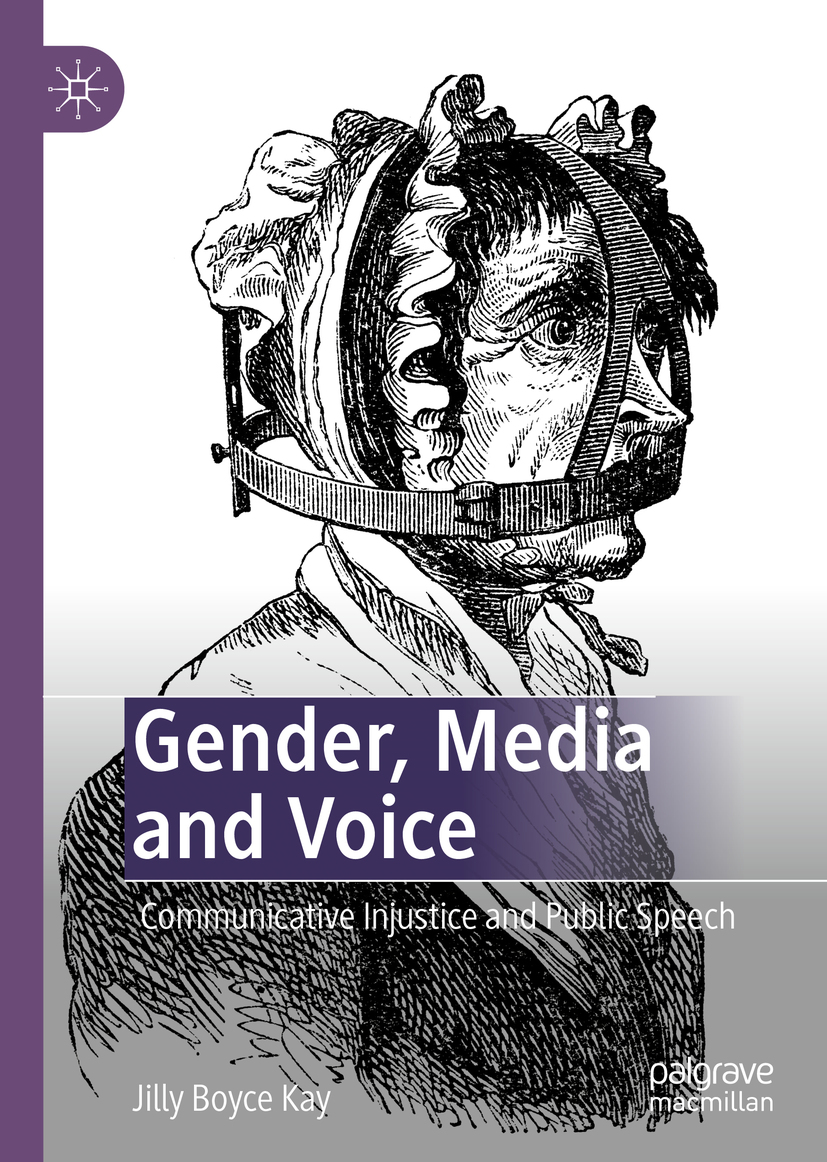

Cover Design: eStudioCalamarCover Image: whitemay, Getty Images
Cover design: eStudioCalamar
This Palgrave Macmillan imprint is published by the registered company Springer Nature Switzerland AG.
The registered company address is: Gewerbestrasse 11, 6330 Cham, Switzerland
Firstly, I am grateful to the journal Feminist Media Histories and their permission to include in Chap. sections from an article published in: Vol. 1, No. 2 (Spring 2015), pp. 6489. There are many people who have been incredibly supportive in multiple ways during the writing of this book, including wonderful friends and colleagues in the School of Media, Communication and Sociology at the University of Leicester. In particular, the Media and Gender research group has been an intellectual and emotional lifeline and a source of inspiration and care. There are too many people to thank here, but my co-convenors Melanie Kennedy and Jessica Bain, as well as the groups founder Helen Wood, deserve particular thanks. Group members Heather Savigny and Claire Sedgwick provided generous feedback on drafts and have generally been a wonderful support.
The Media Cultures research cluster at Leicester, led by the brilliant Alison Harvey, has also provided invaluable feedback on sections of this book. Particular thanks go to Alison, Kaitlynn Mendes, Natasha Whiteman, Melanie Kennedy and Mark Banks for their helpful comments and encouragement. Thanks also to Patrick White and David Bartram who read chapters and provided valuable feedback.
This book began its life as a PhD thesis under the supervision of Helen Wood. The more time that passes, the more I realise how lucky I was to have had her guidance at this early moment in my academic career, and she continues to be the best possible mentor, feminist and friend. I cant thank her enough.
Melanie Kennedy and Natasha Whiteman have been the most brilliant colleagues; I depend on their amazing generosity and knowledge in so many ways. Natasha was an excellent study buddy, and she helped keep me on track and get the book over the line with her invaluable scholarly guidance and endless supply of snacks.
The University and College Union (UCU) strikes of 2018, 2019 and 2020 have been transformative in my understanding of the power of collective voice. Particular thanks to my fellow Picketers, Patrick White and Melanie Kennedy, for their ongoing comradeliness. Thanks to my sister Katie for encouraging me to go doorknocking in the 2019 General Electioneven though the outcome was heartbreaking, the experience of canvassing with old friends and new was another lesson in the power of solidarity and collective voice.
Mareile Pfannebecker has given me the best kind of feedback that has always pushed my thinking in invaluable ways, as well as being an excellent friend over many, many years. Sophie Fullerlove has helped to pick me up and haul me through in ways that I am forever grateful for, over our many years of friendship, but most especially during the writing of this book.
Thanks to all my family and friends, including my brother Michael, Mary, Charlotte, Jake, Lorna, Laura Mills, Julia, and so many others. Thanks also to Eli and Isaac!
More than anyone else it is my partner Vinnie who has made it possible for me to write this book, making endless cups of tea, whisking the kids off on trips so I could work, and generally being extraordinary. Im not sure what I did to deserve children like Henry and Tilda, who have been so patient, kind and brilliant.
My mum was told when she was a girl, and speaking in ways that were heard as being too loud, that she was not to make a poppy show of yourself. This book is dedicated to my dad, and especially to my mum, who I hope will now make a poppy show of herself as much as she possibly can.
The last recorded instance of the use of the ducking stool as a form of punishment in the UK was in the year 1809. The accused was a woman named Jenny Pipes ; her crime was that of being a common scold, and for having uttered foul and abusive language. The ducking stool was frequently used to discipline women who were deemed to be gossips and shrews in Europe and the English colonies of North America. It was a wooden chair into which the offender was strapped, which was then submerged in waterin this particular case, Jenny Pipes was ducked into a cold English river in the small town of Leominster , Herefordshire. This practice, which became prevalent in the sixteenth and seventeenth centuries, was designed to publicly shame and humiliate those women whose language was deemed to be transgressive, threatening, rebellious or otherwise unbecoming of women. The story of Jenny Pipesotherwise known as a furious wenchcaught my attention for many reasons, but mostly because the location of this historic punishment was a town just a few miles from the place where I grew up. The term the ducking stool was actually very familiar to me, as a pub in Leominster is named for it. I spent many an evening in The Ducking Stool, but without ever questioning, or being told about, the origins of its name. Jenny Pipes took on a particular resonance for me in the writing of this book, and thinking with heror at least the very little is known in recorded history about herhelped the key concerns of this book come into sharper focus. What can her story tell us about the ways that womens voices have been policed, demeaned and punished, and how this relates to changing gender power relations? And how might a historical frame help us to understand the persistent forms of gender inequality and patriarchal power in relation to voice in the contemporary context?
Font size:
Interval:
Bookmark:
Similar books «Communicative Injustice and Public Speech»
Look at similar books to Communicative Injustice and Public Speech. We have selected literature similar in name and meaning in the hope of providing readers with more options to find new, interesting, not yet read works.
Discussion, reviews of the book Communicative Injustice and Public Speech and just readers' own opinions. Leave your comments, write what you think about the work, its meaning or the main characters. Specify what exactly you liked and what you didn't like, and why you think so.

